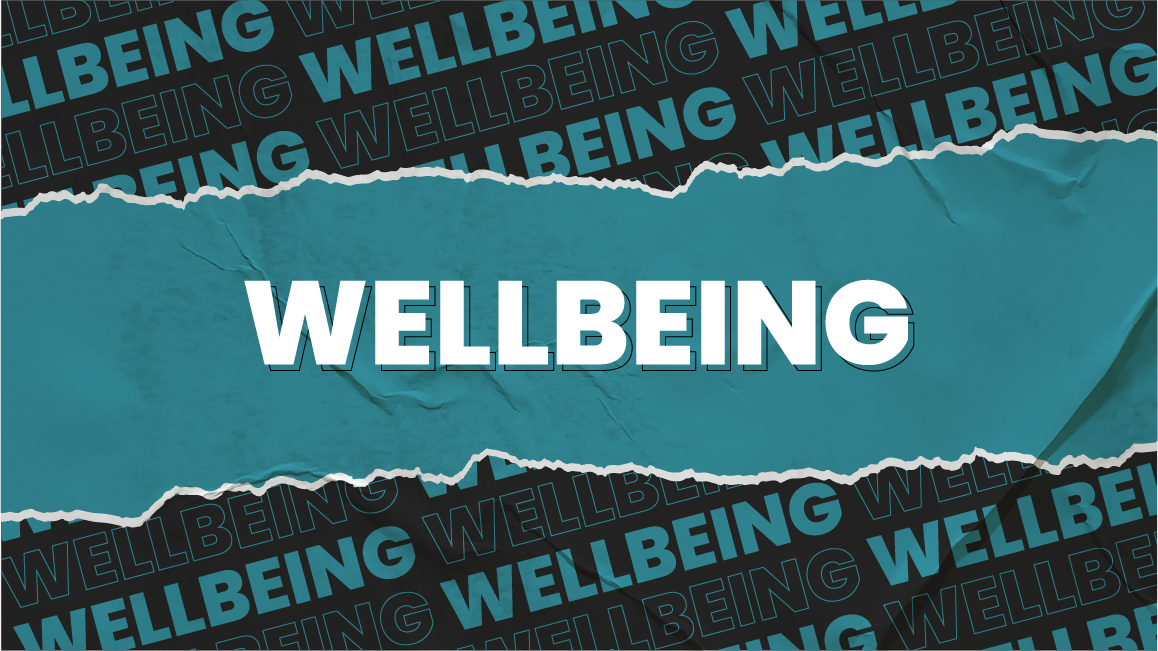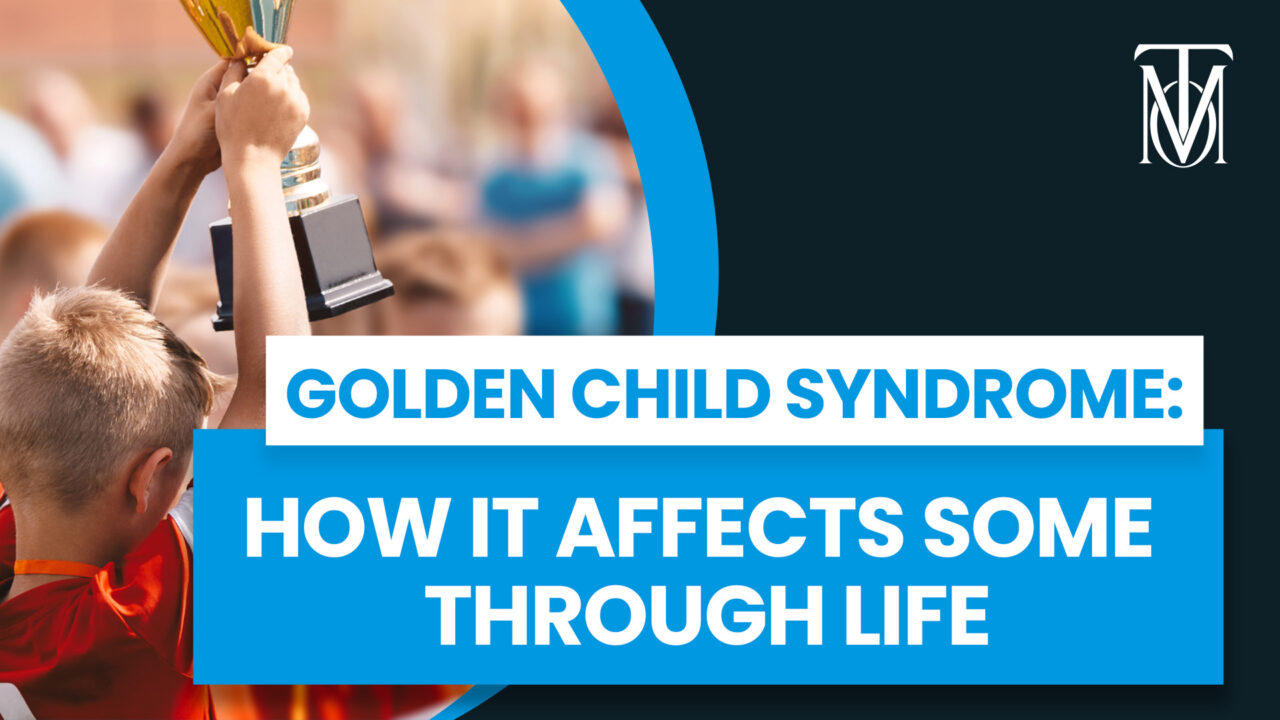Was it fate, or was it because of your actions? When big things happen to people, they either blame themselves or blame others. But who really is at fault here?
The truth is, it’s either because it’s the combination of the two. Both can be a reason for a certain circumstance. You might have failed that exam because it was too hard or due to your negligence to study harder. It doesn’t have to be all your fault or just pure situational.
We are bound to slip at times. That’s why we can never be too predetermined with anything, the same reason you can do your best but still fail.
I guess that’s life; we just have to accept and learn to rise above and thrive.
What Is A Locus Of Control?

Locus of control is an easy clinical psychology concept to grasp. Life is a series of decisions with consequences. That’s that. In our own ways, it is common to mostly feel responsible for these results.
According to the notion, we may choose between an external and an interior locus. If we blame the result on random chance or other factors, we might feel helpless to change the situation.
However, if we look internally, we will believe that our actions are ultimately responsible for the results.
According to Julian B. Rotter, the location of our locus of control influences whether our acts are reinforced or punished.
Any conduct that is reinforced by an individual’s internal locus of control is more likely to last. Having an external locus of control will lead to the behavior’s end because, after all, why bother trying if the result is already set in stone?
Normal adults are unlikely to have the view that everything is either completely outside of our control or completely under our control.
And those that use both internal and exterior loci control tend to be the happiest type of people.
5 Examples Of Internal VS External Control
- Taking an exam, failing it. Did you not study enough, or was the exam too hard?
- Getting a great score for an assignment you led. Was it because you led them or because you all cooperated?
- Losing your wallet. Were you careless, or did it just fall?
- You and your friend fought. Is it your fault, or was it something you both did?
- Getting scolded for undone chores. Did you not do it, or was it because you had something more important to attend to at the time?
The 2 Types Of Locus Control And Their Influence
To help you grasp the Locus Control, I included a brief discussion of what the two types of Loci are and how both affect us in case we lean too much or stray away from one another in the control scale of taking responsibility.
Internal Locus Control
Internal Locus Control refers to a person’s tendency to think that a certain outcome stems from their action alone, disregarding all the situational factors.
You can also call this the mental health locus, which depends on our mentality and self-view.
To comprehend the effects of leaning towards a side of the internal control index, here are what happens to people with high and low internal locus:
-
High Internal Locus
Having a strong internal locus of control can be a bit disadvantageous because you’ll blame yourself more and, most of the time, be afraid to take action.
It can also cause a sense of entitlement and disregard for other people’s efforts. Sometimes, more internal locus can make people arrogant and unappreciative of their environment.
-
Low Internal Locus
Meanwhile, a low internal locus results in cluelessness and irresponsibility.
Not knowing when it’s actually your fault is not a great way to build connection and insensitivity.
Maintaining the right amount of internal health locus and self-awareness is the way to go to avoid conflict and promote personal growth.
External Locus Control
External locus control is another way of believing that an event occurred due to external forces rather than internal factors.
Recognizing the situation and concluding that it resulted in the present is the easiest way to explain it.
Having high or low external can result in these:
-
High External Locus
Maintaining a high locus of control can both be a good and bad thing because high reliance on this loci keeps you from putting the blame on yourself meanwhile can also encourage you to make irresponsible choices.
Having external factors to blame creates an idea in our minds that we are not responsible for what happens in our life because it would happen anyway.
Although in reality, decisions and results are a combination of external and personal factors.
-
Low External Locus
Can cause people to self-doubt. Putting the burden of thinking that everything is within your personal control can be a cause of demotivation.
Knowing that things can sometimes be out of your control is a healthy way to view life.
Balanced Internal And External Locus

Life is eternal strife, and things will happen. Big changes will come, but it doesn’t have to be bad. Accepting this concept is the best way to get through this existence.
It’s not supposed to be Internal Versus External Control. It’s a harmony of two. Sometimes, things happen because of your action and fate alone, and we cannot do anything about it except accept that you will win some and lose some.
It doesn’t have to be fate or your complete fault; it’s just life.
















